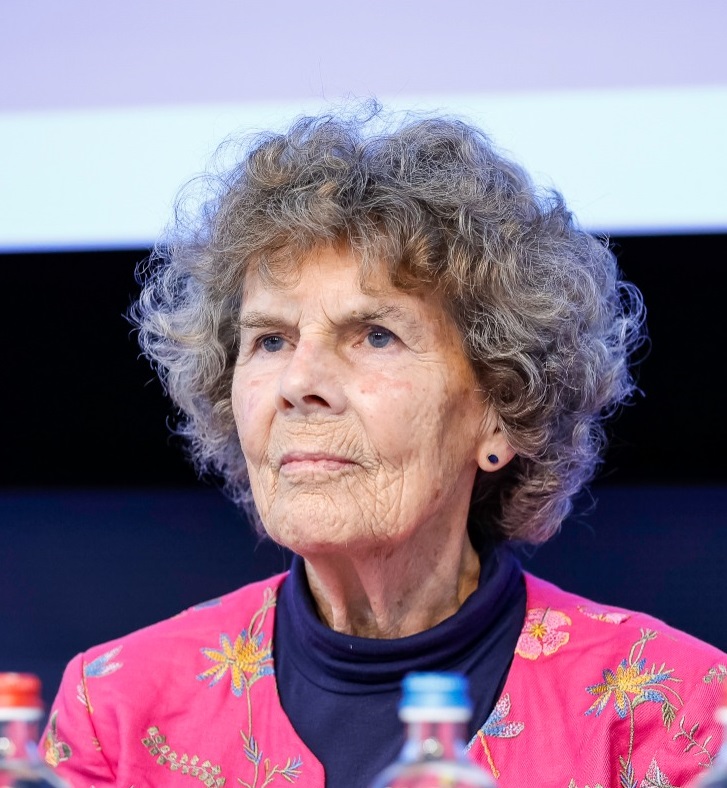
AGE was invited to a high-level conference at the European Economic and Social Committee (EESC) to discuss challenges and opportunities in promoting solidarity between young and old in the European Union. Some fruitful discussions have been held, although we might have expected a broader vision of the issue, based on human rights and the life course.
The conference took place in person on 10 October with a live webcast. It brought together EU officials, researchers and civil society representatives to discuss the positive impact of intergenerational solidarity in the context of Europe’s ageing population and explore the key role that each generation plays – and should be able to play – in ensuring a sustainable future for all.
As a follow-up of the publication of the EESC Opinion ‘Promoting European intergenerational solidarity – towards an EU horizontal approach’, the event offered an opportunity to present success stories and to hold discussions with civil society organisations from the European and national level on the opportunities and challenges facing different generations in a wide range of areas.
AGE Platform Europe President, Dr Heidrun Mollenkopf, and Mrs Moira Allan, from French AGE member organisation OLD’UP France, were among the speakers.
The event featured a video message of Marzena Okła-Drewnowicz, Minister for Senior Policy of the Republic of Poland, representing the upcoming Presidency of the Council of the European Union. In her speech, the Polish Minister insisted in the need to build a EU where “age is just a number” and where “we can develop our potential at all ages”.
We need a more inclusive vision
The need to strengthen solidarity between generations as being key to addressing the challenges of an ageing population was unanimously acknowledged by participants: increasing working careers to ensure sufficient pensions, coping with an increased need for health care services, supporting young farmers in taking over farming activities, etc.
All these issues are very important. Yet, as a network of older people’s organisations, we were a bit disappointed to notice that the discussions were mainly focused on addressing future needs and coping with demographic changes than on really tackling the needs of all generations.
A clear example of this restricted and fragmented vision is the designation in the new European Commission of a Commissioner dedicated to ‘Intergenerational Fairness, Sport and Youth’.
As AGE President Heidrun Mollenkopf pointed out, there are two different ways of perceiving intergenerational fairness: either as separated age groups seen as competitors in achieving appropriate services or as people with equal rights at all stages of their life.
In EU discourses, intergenerational solidarity tends to be addressed in the background of democratic change, job shortages, etc…

To avoid stigmatized ageist perceptions and attitudes and support a vision of equality, we need a rights-based approach that considers the whole life course of a person, looking at his/her individual needs at the different stages of life.
AGE President also stressed that most challenges faced by both the younger and older generations are common: sufficient income to ensure a life in dignity, access to adequate housing, to life-long learning, flexible employment conditions, work-life balance, healthy environment, etc.
“We need a common goal”

Among the lessons learned, Moira Allen mainly observed that:
- “we are all living in an anxious society”, everybody today is anxious,
- instead of focusing on age, we should focus on a common goal that bring us together, such as, for instance, climate change.
We are looking forward to further cooperation with the European Youth Forum and wish the EESC successful implementation of its Opinion on this key issue for an ageing EU.
*****
Read also…
AGE President’s interview (on page 7) in the EESC bulletin dedicated to intergenerational solidarity in the EU.








